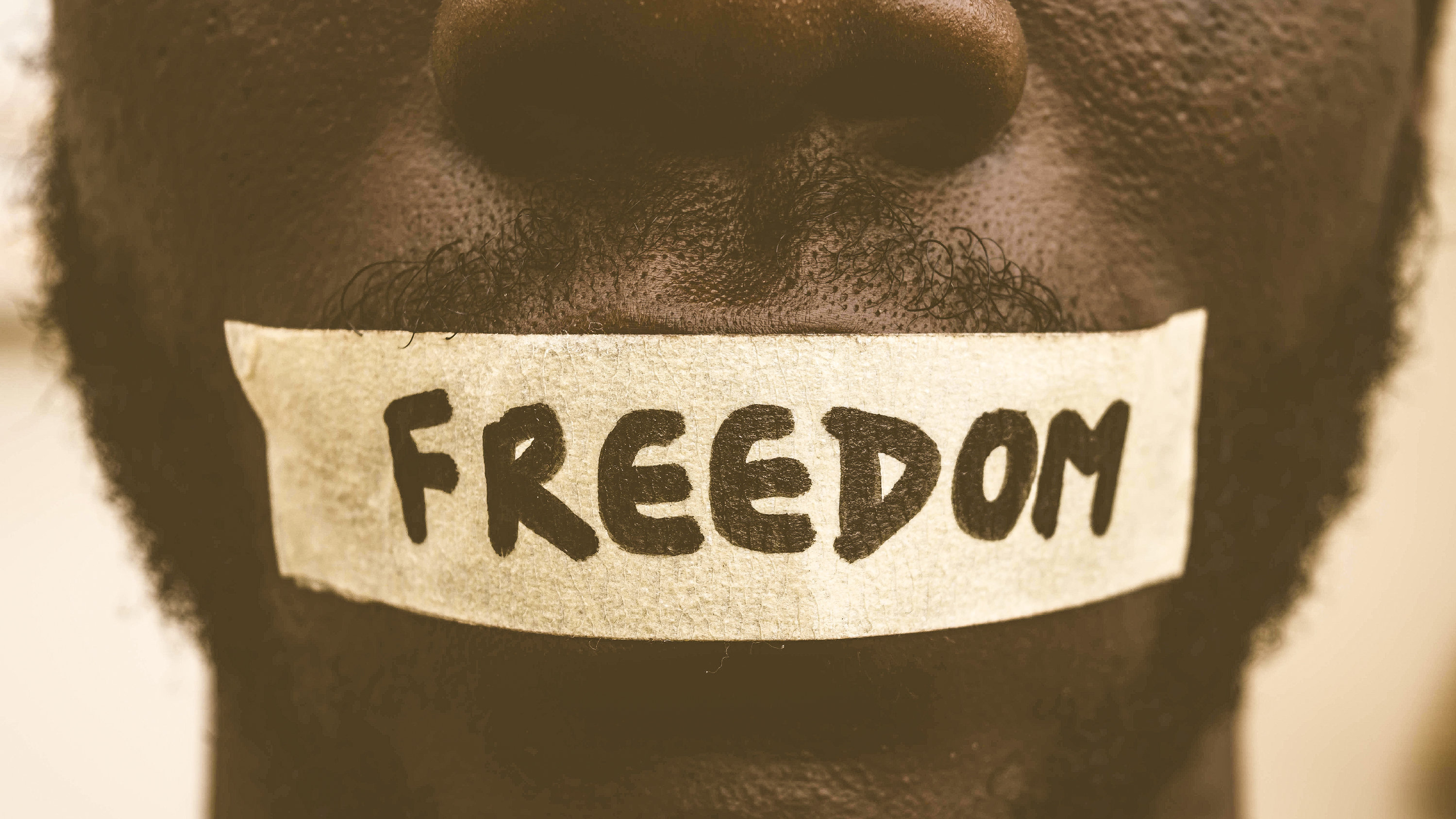
-
HOME
-
WHAT IS STANDOur Mission Our Values Our Help Contact
-
WHAT WE FIGHT FORReligious Freedom Religious Literacy Equality & Human Rights Inclusion & Respect Free Speech Responsible Journalism Corporate Accountability
-
RESOURCESExpert Studies Landmark Decisions White Papers FAQs David Miscavige Religious Freedom Resource Center Freedom of Religion & Human Rights Topic Index Priest-Penitent Privilege Islamophobia
-
HATE MONITORBiased Media Propagandists Hatemongers False Experts Hate Monitor Blog
-
NEWSROOMNews Media Watch Videos Blog
-
TAKE ACTIONCombat Hate & Discrimination Champion Freedom of Religion Demand Accountability
Observe The Truth For Yourself!
I was born in 1943, too young to experience World War II. I am Jewish and as I grew older I learned about the Holocaust and the atrocities of the Germans during the time of the Nazis. I have family I never met murdered because they were Jewish, and family I have met who managed to survive their time in a German concentration camp.
Needless to say, I did not have very positive feelings about Germany and German citizens.
In 1967 I was on a train traveling from Holland to Denmark. At 3 a.m. there was going to be a layover in

I am always looking for what is good and right about others, and knew I should never judge an individual by preconceived notions of who they are because of their being positioned or associated with some group or organization. Yet when I got off the train and saw men who were old enough to have been soldiers during World War II, or adults during the reign of the Nazis, the level of my hostility and negativity toward them surprised me.
“Prove to me you were not guilty in contributing to the death of my family” was the thought going through my mind.
As the years went on and I met many German citizens, and began to view them without any preconceived viewpoints, my hostility dissipated. Sure, there were some who would never be my friends, but that is true of people everywhere in the world who do not share my values and ways to deal with others.

Over the past decade I have been to Russia 22 times, and I recall the reputation promoted in the American press and media about the Russian people as generally unfriendly, suspicious and “cold” towards others. WRONG—I found the exact opposite.
As I landed in Moscow for the first time I was not influenced by the media and had no preconceived notions about the people I was meeting. I have formed numerous lifelong friendships because I evaluated those I met by finding what was good and right about them, NOT what was wrong or bad about them.
How many preconceived notions do you have about others who belong to a particular group or organization? Are you willing to evaluate others based on your own observations, not the propaganda generated by biased and unreliable sources?
In his essay “Personal Integrity,” L. Ron Hubbard wrote:
What is true for you is what you have observed yourself.
And when you lose that, you have lost everything.
What is personal integrity?
Personal integrity is knowing what you know.
What you know is what you know and to have the courage to know and say what you have observed.
And that is integrity and there is no other integrity.
Please do not be swayed by preconceived notions based on communications from others—be willing to observe the truth for yourself. Be willing to maintain your integrity.









